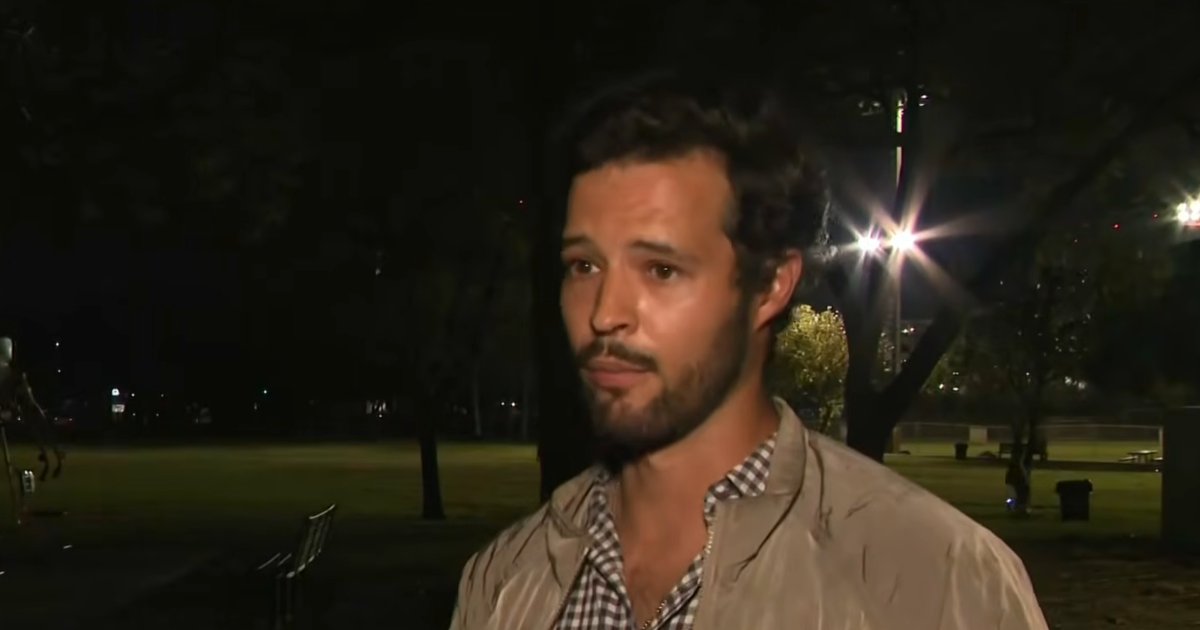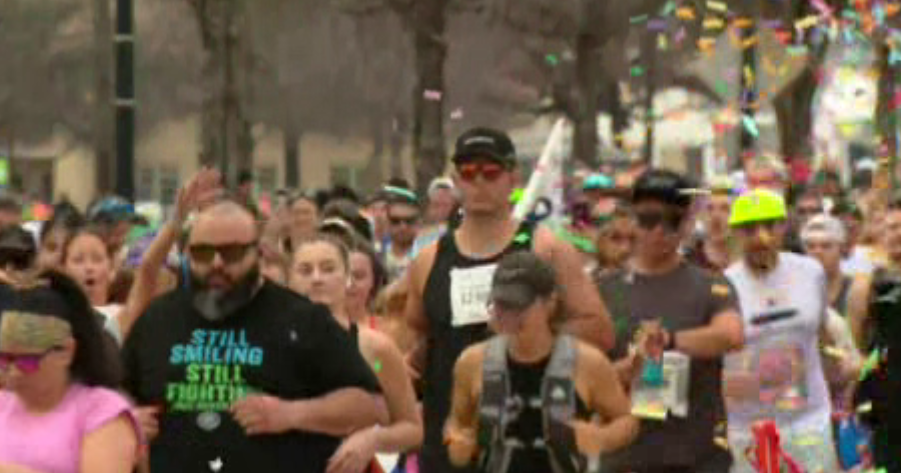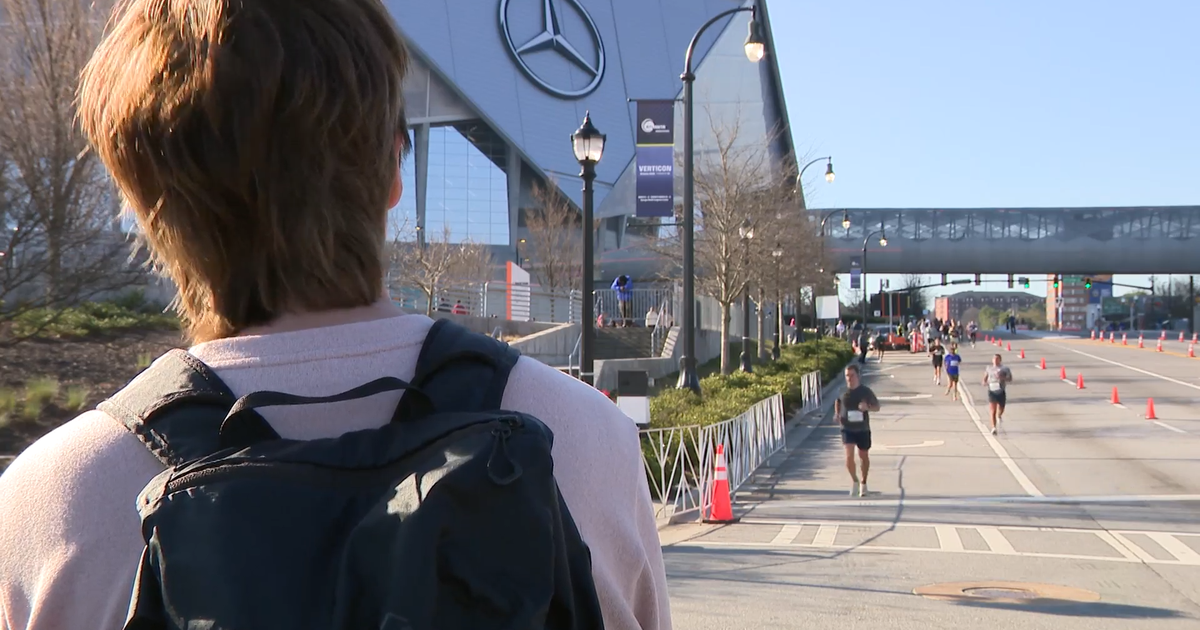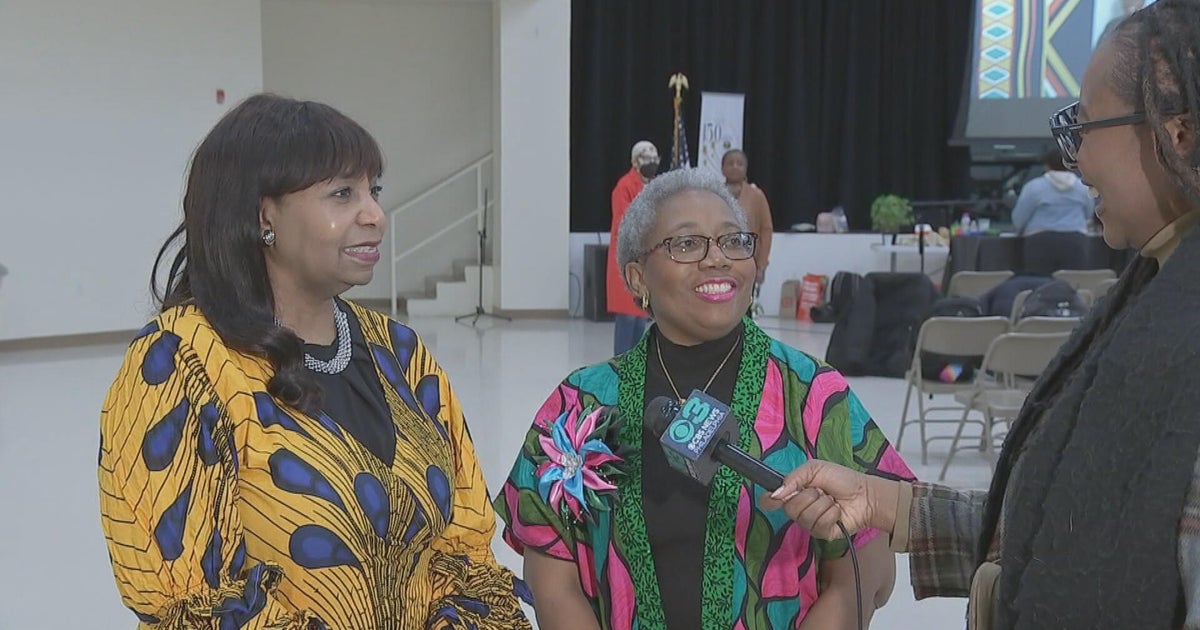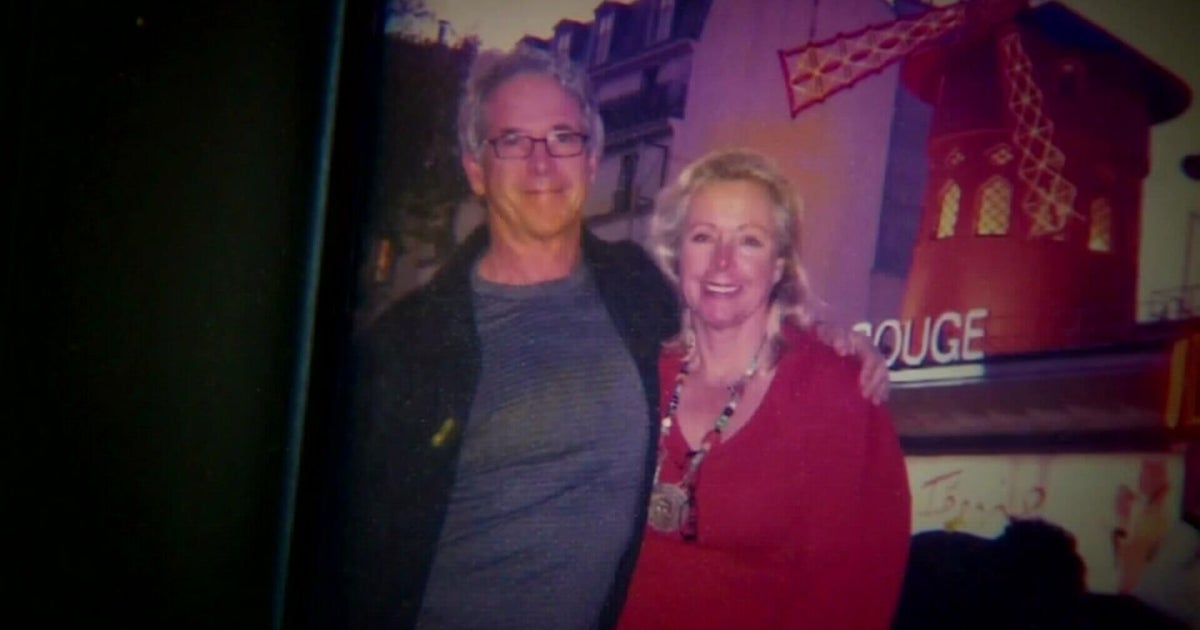Aussie Swimmer Eyes Swim From Cuba To Florida
HAVANA (CBSMiami/AP) — An Australian swimmer will attempt this week to become the first person to swim from Cuba to Florida without a shark cage.
Chloe McCardel will battle exposure, swift sea currents, stinging jellyfish, sharp-toothed sharks and her own physical limits when she attempts the record swim.
The 29-year-old said Monday that the challenge has great allure for top athletes.
"At the moment it's the most high-profile marathon long-distance swim, and swimmers really want to come here and be the first," McCardel said in an interview with The Associated Press. "It's very important; it's like winning a gold medal."
American Diana Nyad and Australian Penny Palfrey have attempted the crossing four times between them since 2011, but each time threw in the towel part way through due to injury, jellyfish stings or strong currents. Australian Susie Maroney did it in 1997, but with a shark cage.
Seated on a terrace at the Hemingway Marina in Havana, where she arrived late Sunday, a smiling McCardel said she hopes to help bring Cubans and Americans closer by symbolically bridging the gap.
"I would very much love to encourage people to come here as tourists and to engage more with Cuba ... to promote travel and great relations with Cuba," she said. "From what I'm learning it's a very beautiful country, and I feel privileged to have been invited here."
Most U.S. travel to Cuba is barred under Washington's 51-year embargo against the island, although Americans are increasingly coming here on legal cultural exchanges and family visits.
The two nations have been at odds since shortly after the 1959 Cuban Revolution ushered in Fidel Castro's Communist-run government, leading to decades of mutual suspicion and bad relations between Washington and Havana.
A 32-person support team that includes weather experts and doctors will accompany McCardel on her ocean odyssey, which should last about 55-65 hours if she makes it all the way.
Every half-hour or so she plans to pause to eat and down a half-liter of energy drink to stay hydrated.
Meanwhile, special equipment will include an electromagnetic field in the water around her that is designed to keep sharks at bay.
McCardel, who lives in Melbourne, has been swimming since childhood and also competed in triathlons.
According to her website, she has made six solo crossings of the English Channel, two double-crossings in 2010 and 2012 and won the 28.5-mile Manhattan Island Marathon Swim in 2010.
She's been training for the Havana-Key West swim for the last six months, averaging about 37-56 miles a week.
McCardel said a key to fighting through long-distance swims is focusing on her stroke in an almost meditative way, and remembering those who have supported her back home and around the world.
"I need to think very positive, uplifting thoughts," she said. "I'm going to be imagining the finish, imagining how amazing and happy I'll be walking to shore, visualize the people being around ... really being in the moment. So that's a positive thing that I use as a goal to work towards."
McCardel is also swimming to raise money to support cancer research, people who suffer from the disease and their families, and promoting the idea that an active, healthy life can help keep it at bay.
She's dedicating the swim in part to her mother, a breast cancer survivor.
"But also other people out there who have cancer," McCardel said, "or have relatives or friends going through that process, or who've passed away from that disease."
(TM and © Copyright 2013 CBS Radio Inc. and its relevant subsidiaries. CBS RADIO and EYE Logo TM and Copyright 2013 CBS Broadcasting Inc. Used under license. All Rights Reserved. This material may not be published, broadcast, rewritten, or redistributed. The Associated Press contributed to this report.)
